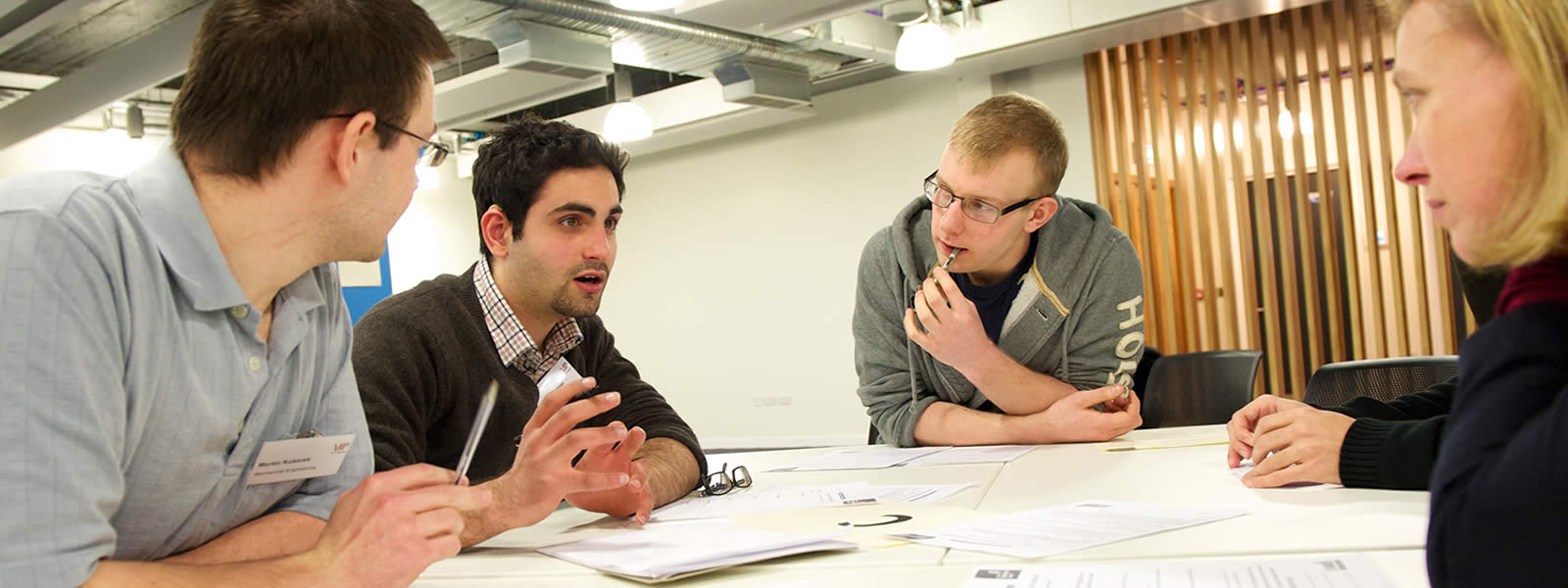Is this course right for me?
Target Audience: All staff and post grad researchers involved in leading, conducting or supporting research
Course Description;
An ethical approach to research is vital if global populations are going to trust ‘experts’ and if innovative research across all disciplines is to have real benefits for society. But one of the challenges of equipping researchers with an active, strong ethical perspective on their future careers is that ‘ethics’ can seem abstract and distant: either arcane philosophy involving long-dead Greeks, or tales of critical decision-making that many of us feel won’t be relevant to us until far in the future (should we ever reach the dizzy heights occupied by CEOs and powerful politicians). So how do we make ethics come creatively alive in researchers’ thinking and behaviour, from the start of and throughout their careers?
Join Mark Haw, Reader in Chemical and Process Engineering and popular science author, alongside Rebekah Sims, literacy expert in the Institute for Education and Jordan Kistler, Lecturer in English Literature, to explore how researchers can use the imagined worlds of fiction to illuminate the critical and global ethical perspectives of their own innovation and research.
More than 200 years ago Mary Shelley (Frankenstein) warned us about the perils of understanding and engineering living systems; through the 1950s to the 1970s Philip K. Dick laid out the ethical labyrinth of AI, ‘artificial life’ and even drone-warfare in a series of mind-bending stories (most obviously Do Androids Dream of Electric Sheep, filmed as Blade Runner). Many authors have explored the threat of technology-driven environment, climate and resource breakdown, from Harry Harrison’s Make Room! Make Room! (filmed as Soylent Green) to Russell Hoban’s Riddley Walker. Orwell’s thinking about the possible threats to our political future in 1984 are as relevant today as ever. And probably the fastest-growing theme in science fiction right now is that of diversity, colonialism, and how history’s inequalities might feed forward into the future: a vital question for all today’s researchers.
What these authors and their stories have in common (and this is by no means limited to ‘science’ fiction of course) is that they using imagined worlds to explore our own society’s ethical horizons: what might the future look like, who benefits and who suffers from transformative change? They are grappling with the same question all researchers should surely be asking every day: how do we ensure that our future innovations, driven by the research we are doing right now, bring benefits rather than harm? As we seek to change the world through innovation and research, how do we retain the trust of those whose worlds are being changed?
The workshop will challenge researchers and ask: If we want to explore the ethical horizons of our research and innovation—if we want to get better at asking ‘what if…?’—perhaps we should be reading and discussing innovative fiction as much as we read research papers and textbooks?
Course Outcomes/Objectives;
- Explore how some classic examples of fiction bring alive ethical dilemmas relating to today’s key research and innovation challenges
- Be inspired to explore the wide world of fiction and use it to dissect the ethical implications of your own work
- Discover how interdisciplinary thinking can catalyse your own research and innovation in the future
Accessibility;
We are committed to ensuring our events and courses are accessible to all staff:
For on-campus activity:
- Full access information for the venue is available via AccessAble [insert link to the info of the specific venue or building listed on http://accessable.co.uk]
- Hybrid provision is not available
- There will be audience participation
- You are asked to attend the whole session
- This will be a short session without a break
- The session is relaxed – this means you can stretch, move around, stim etc.
- In line with current University health and safety guidance, attendees may wish to use face masks. The room will have either mechanical ventilation or passive ventilation (i.e. open windows)
- Digital copies of resources will be emailed to participants after delivery as standard
- Contact Devon McHugh (devon.mchugh@strath.ac.uk) to request printed materials in different formats
- Please contact osdu-equity@strath.ac.uk to discuss any further access requirements
Link to Research Integrity & Culture Week Sharepoint site;
https://strath.sharepoint.com/sites/rkes/SitePages/Research-Integrity-and-Culture-Week.aspx
Delivered By: Mark Haw, Rebekah Sims, Jordan Kistler
